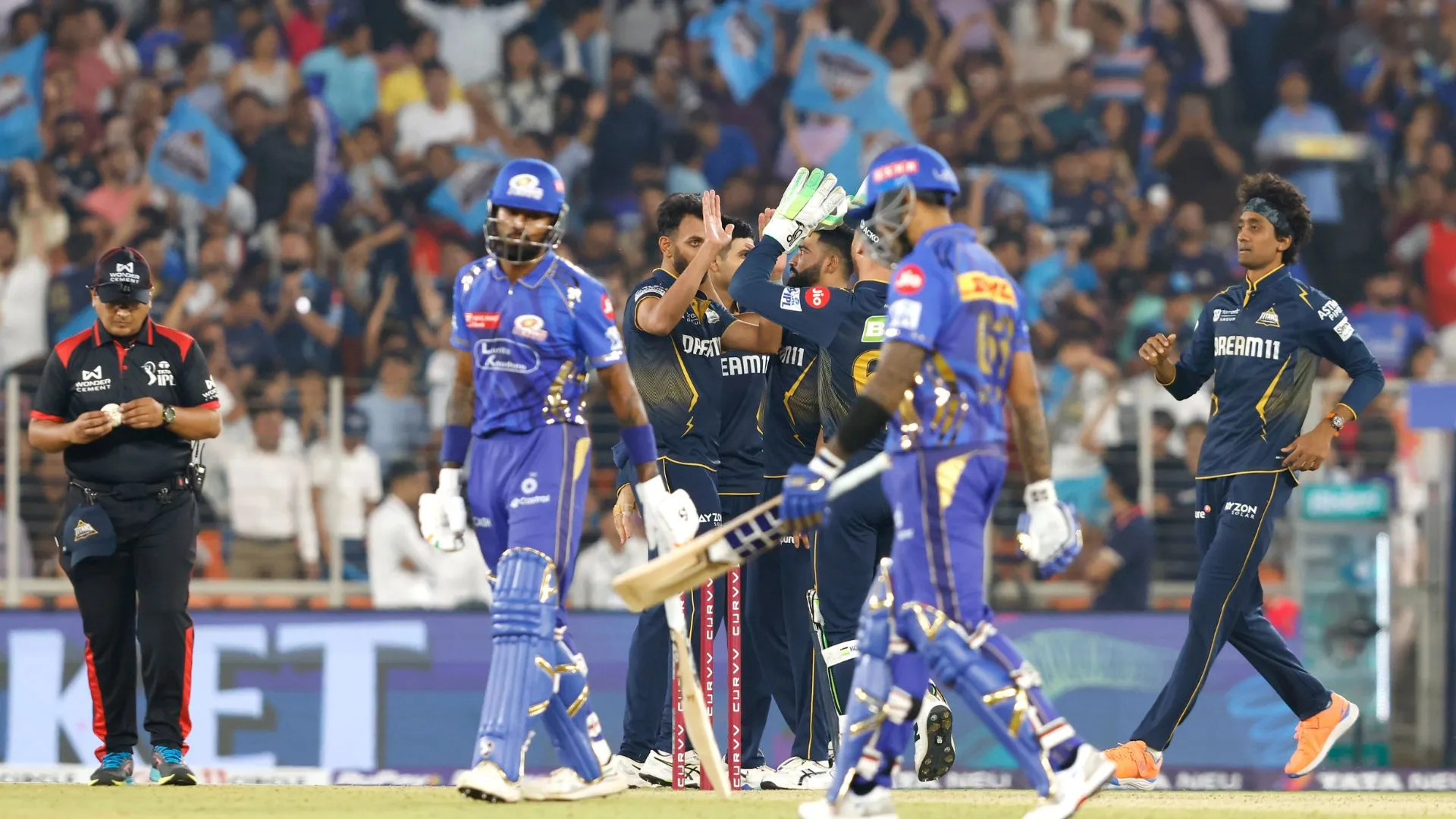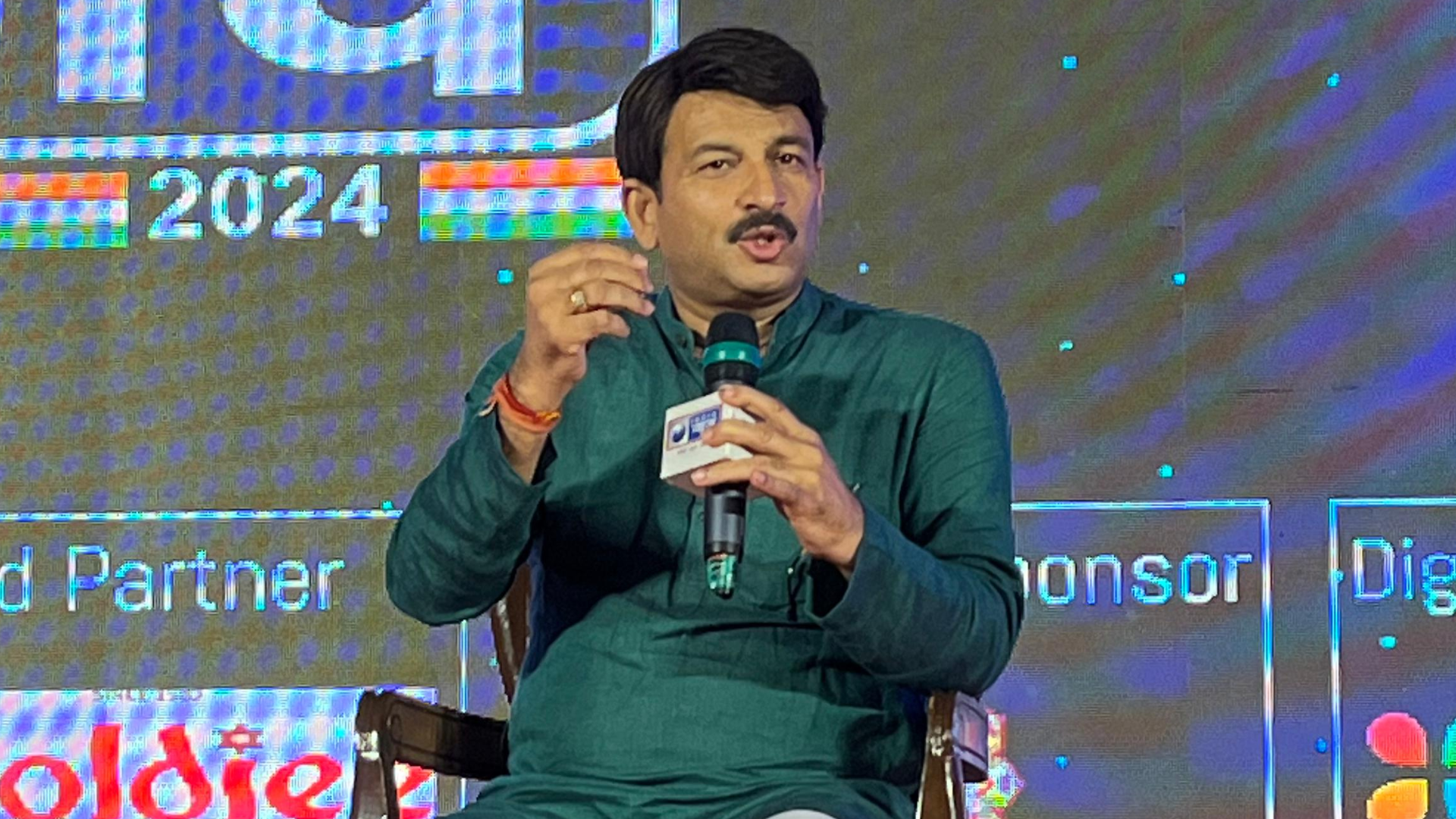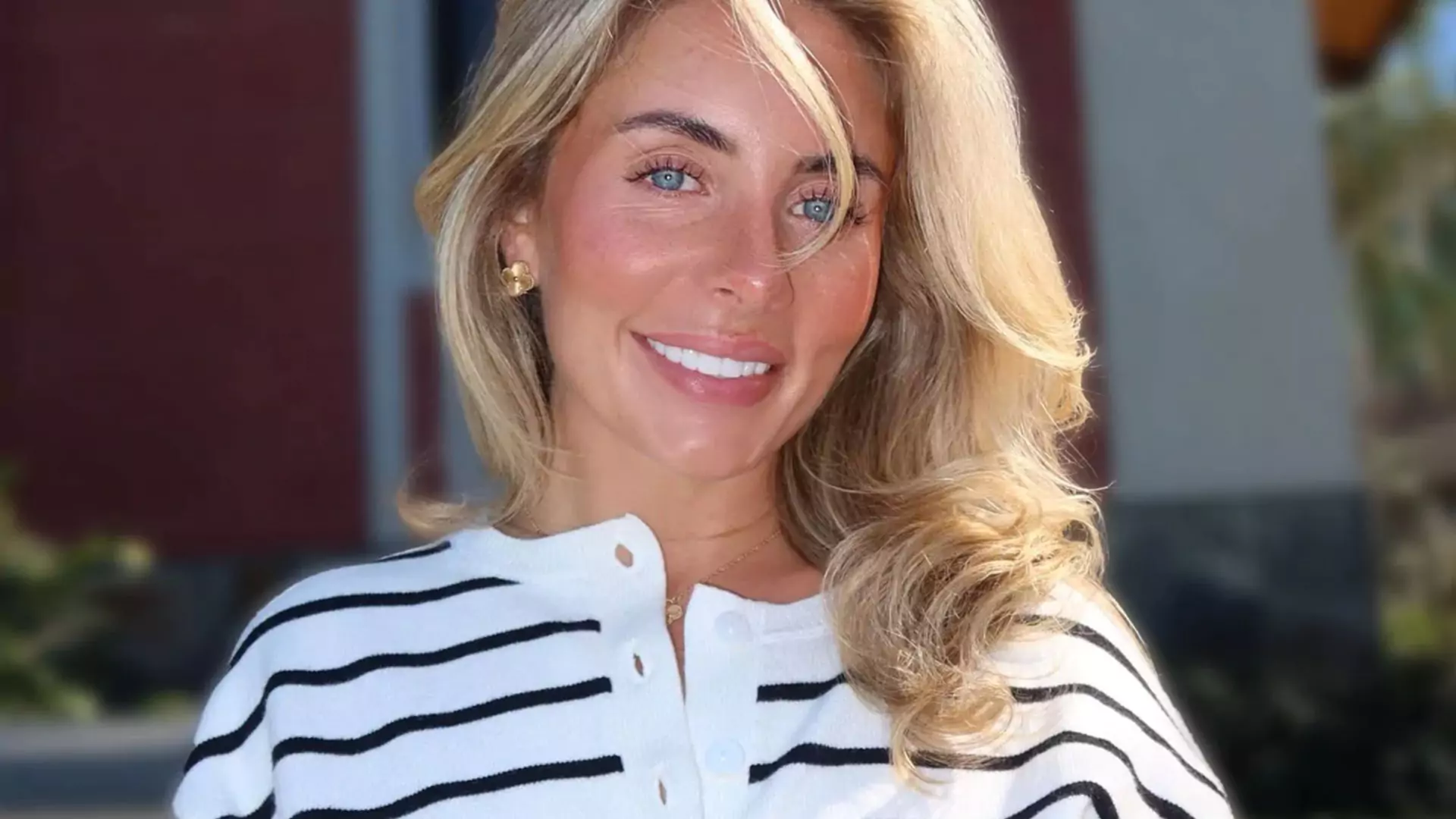Roberta Flack, the celebrated vocalist who became one of the most influential artists of the 1970s and beyond, has passed away at the age of 88. Her representative confirmed the news but did not disclose the cause of death. However, Flack had been battling amyotrophic lateral sclerosis (ALS) in recent years.
Flack’s musical talent was evident from a young age. She earned a scholarship to Howard University at just 15, originally aspiring to become a concert pianist.
In a 2012 interview with, she expressed her love for classical composers like Schumann, Bach, and Chopin. However, her mentors cautioned her about the challenges of entering the predominantly white classical music industry in the late 1950s.
Rest in peace to Howard graduate, classically trained pianist, songwriter, singer, & the first artist to ever win a Grammy for Record of the Year in two consecutive years, Miss Roberta Flack. Her & her fellow songwriter Donny Hathaway are now reunited. pic.twitter.com/RsL2q35O9P
Advertisement · Scroll to continue— Queer Latifah 🥂 (@TheAfrocentricI) February 24, 2025
Early Career and Rise to Stardom
After completing her studies, Flack worked as a teacher in North Carolina and Washington, D.C., while performing at nightclubs. She initially played piano for other singers before stepping into the spotlight as a vocalist.
Her talent caught the attention of industry professionals, leading to a record deal with Atlantic Records. In 1969, she released her debut album, First Take.
While the album performed well, Flack credited her appearance on The Third Bill Cosby Special in 1970 as a turning point in her career.
Her breakthrough moment came in 1971 when Clint Eastwood featured her rendition of Ewan MacColl’s “The First Time Ever I Saw Your Face” in his film Play Misty for Me. The song’s exposure led to massive commercial success.
Chart-Topping Hits and Grammy Wins
Flack’s success continued with a string of critically and commercially acclaimed albums, including Chapter Two, Quiet Fire, Killing Me Softly, and Feel Like Makin’ Love. She also collaborated with Donny Hathaway on a highly praised duet album.
In 1971, DownBeat Magazine named her Best Female Vocalist, ending Ella Fitzgerald’s 18-year winning streak. She went on to receive eight Grammy nominations, winning four.
Flack holds the distinction of being the only solo artist to win the Grammy for Record of the Year in two consecutive years—for “The First Time Ever I Saw Your Face” in 1973 and “Killing Me Softly With His Song” in 1974.
Although Flack was a superstar, she often faced criticism in an era when singer-songwriters were celebrated. NPR’s Ann Powers noted that Flack stood among legends like Frank Sinatra and Ella Fitzgerald as an artist who made every song her own, despite not writing all her material.
Battling ALS and Leaving a Lasting Legacy
In 2022, Flack revealed her ALS diagnosis, also known as Lou Gehrig’s disese. Despite the illness, she continued to share her story, publishing a children’s book in 2023 titled The Green Piano: How Little Me Found Music, co-written with Tonya Bolden.
Flack’s impact on music transcended genres. She helped shape the quiet storm R&B movement while seamlessly incorporating elements of rock, folk, jazz, Latin, and classical music. She defied racial and industry conventions, paving the way for future generations of artists.
Reflecting on her career in a 2020 interview with NPR, she said, “My main interest is in telling my story through a song—whether mine or someone else’s. Tell the truth with clarity and honesty so that the listener can feel their story.”




















